Sristhee Sethi, LMSAI India Fellow, on the “Lifeworlds” of Borderlands and Migration
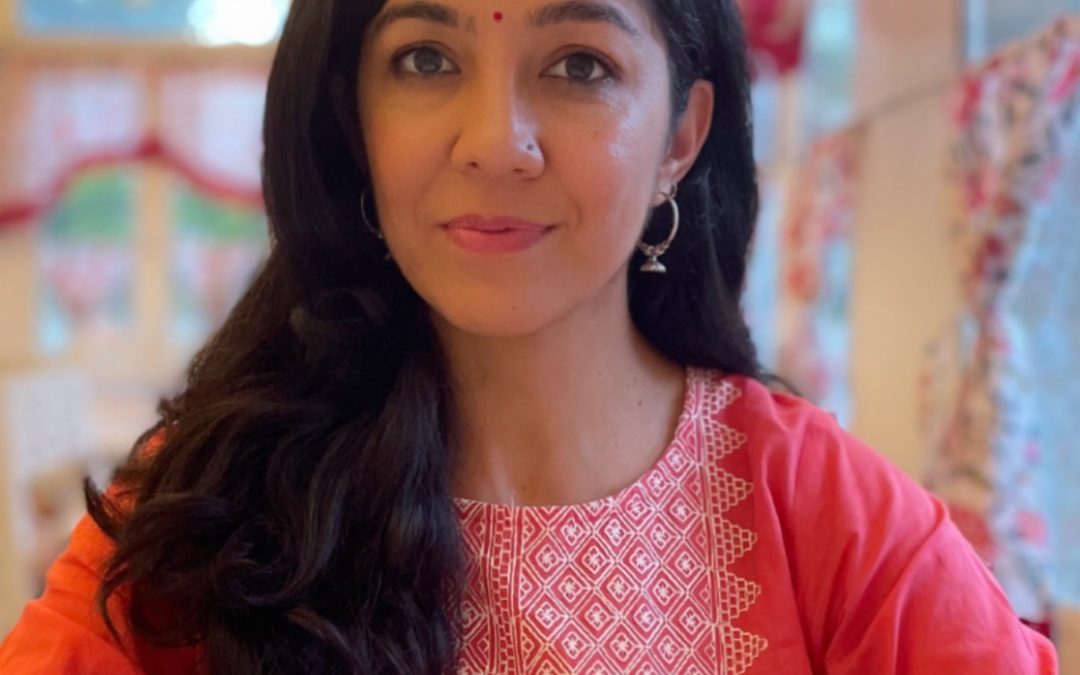

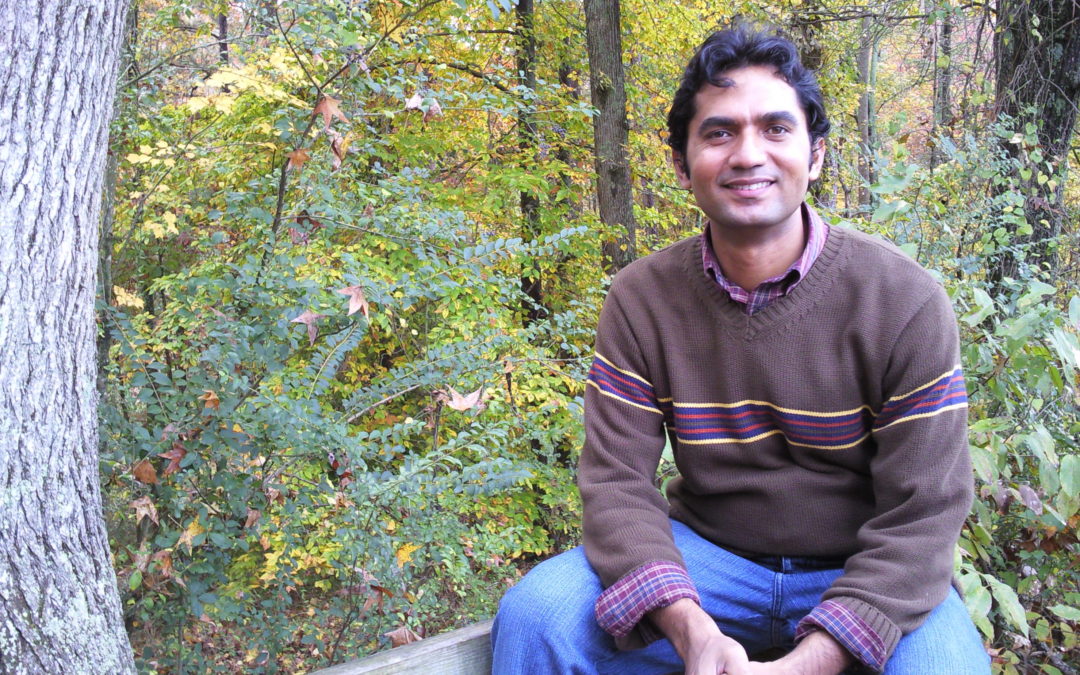
Liaquat Channa, an educational linguist, joins the Mittal Institute this academic year as the new Syed Babar Ali Fellow. His research interests include language and education, hidden curriculum and language textbooks, language teacher identity, language in education policy and planning. He is a Fulbright alumnus, and completed his Ph.D. in Language and Literacy Education with a concentration on teaching English to speakers of other languages and World Language Education from the University of Georgia. Prior to joining the Mittal Institute, he was a Professor in the Department of English at Balochistan University of IT, Engineering and Management Sciences (BUITEMS) in Quetta, Pakistan. We spoke to Liaquat about his research and what he hopes to accomplish while at the Mittal Institute.
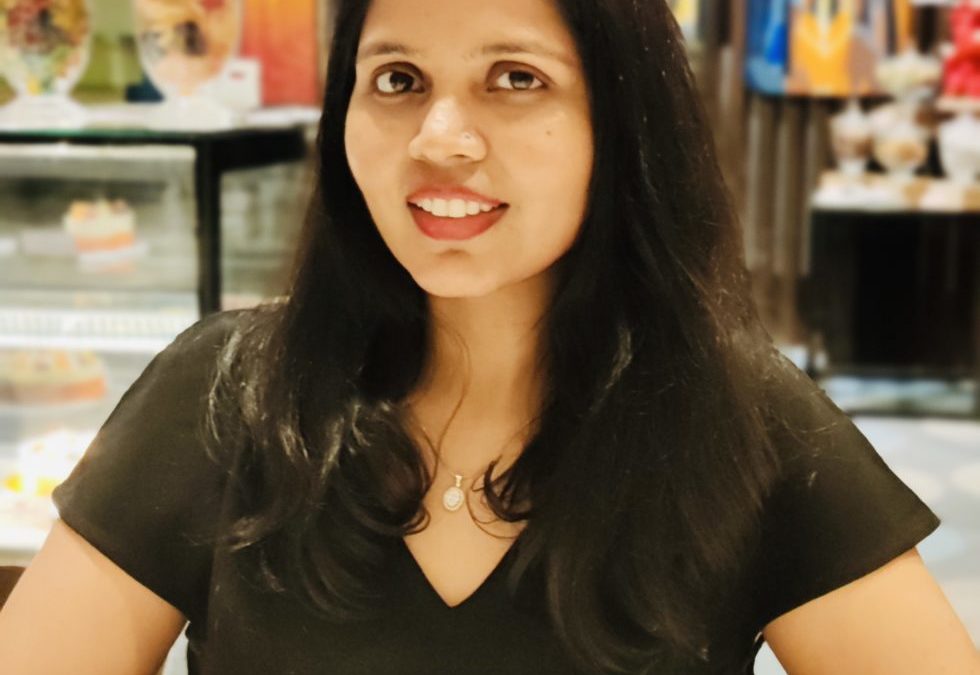
The torrential monsoon rains in Pakistan have eclipsed the label of a mere natural disaster; Pakistan is undergoing a humanitarian crisis. In the past two months, the heaviest rainfalls on record have killed over 1,300 people and have severely impacted 33 million others. The National Disaster Management Agency (NDMA) estimates that over half a million homes have been destroyed. Relief efforts are direly needed given the rapidly-worsening situation. Harvard College Pakistani Students Association is raising funds to provide victims with meals, shelter, sanitary products, and more. Please donate what you can so we can help give much-needed funds to those suffering in Pakistan and please share this far and wide so we can raise much-needed awareness for this perilous situation.

The Mittal Institute presents its Academic Year 2022-23 Fellows and Graduate Student Associates.
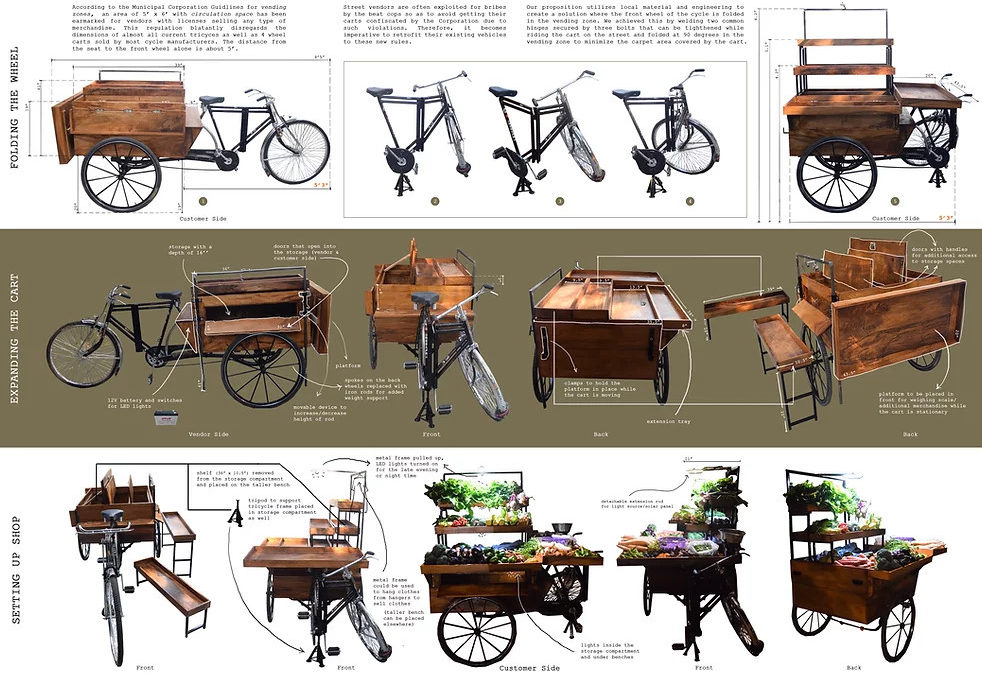
Through the Seed for Change (SFC) Program, the Mittal Institute fosters and supports the development of a healthy, vibrant ecosystem for innovation and entrepreneurship in both India and Pakistan. Each year, the Mittal Institute holds this competition to identify and reward interdisciplinary student projects that positively impact social, economic, and environmental issues in India and Pakistan.

The Mittal Institute wrapped up its Annual Symposium yesterday after two days of dynamic panels that touched on South Asia from myriad disciplines and lenses, including the arts, the environment, health, economics, and the next generation. The theme, “The Making of Modern South Asia,” celebrated and commemorated 75 years of independence from British India and brought together guests in person in Cambridge and virtually from countries around the globe.
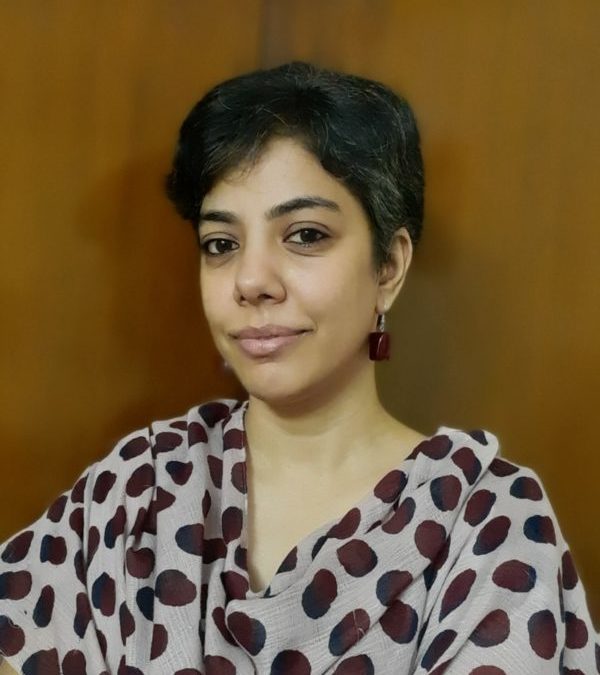
Vidya Subramanian, this year’s Mittal Institute Raghunathan Family Fellow, is an interdisciplinary scholar whose research interests lie at the intersection of technologies and societies. Vidya’s current research investigates the changing nature of citizenship in the technological society we now inhabit. Focusing on India, her research is loosely framed by two large issues: the first is on the colonization of the everyday so-called real world by the digital; and the second focuses on how power permeates and is implicated in such technologies. She is mentored by Sheila Jasanoff, Pforzheimer Professor of Science and Technology Studies at the Harvard Kennedy School. Vidya will be a panelist during a discussion on the “Next Generation of Scholars” at the Mittal Institute’s Annual Symposium on May 19, which will focus on the theme “The Making of Modern South Asia.”
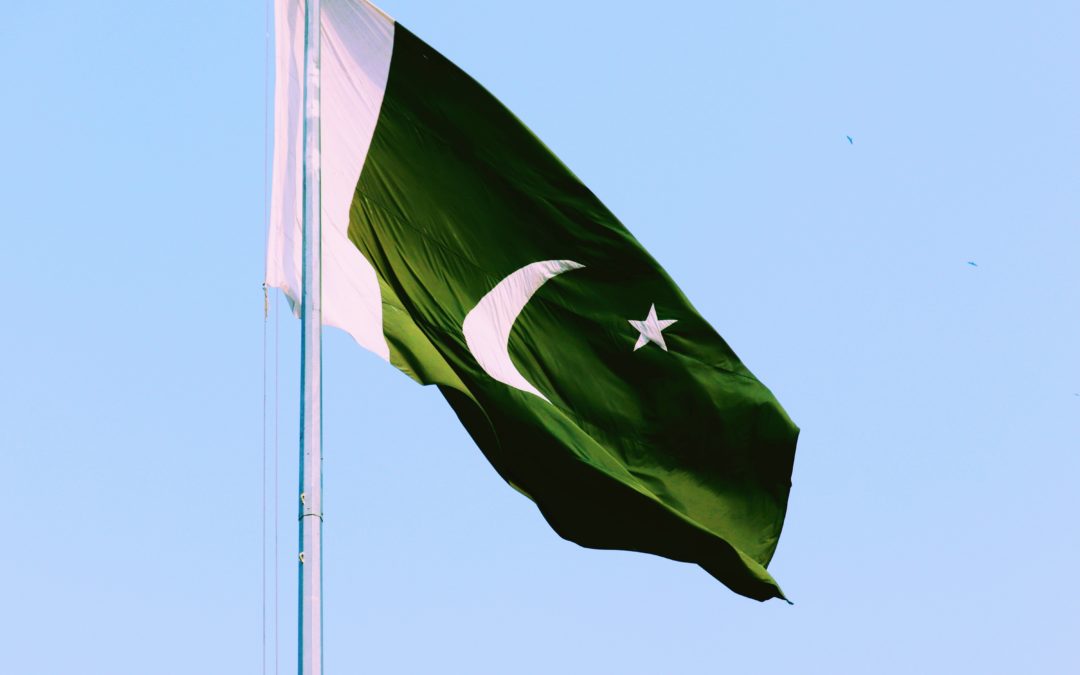
Dr. Yaqoob Khan Bangash is a historian of Modern South Asia and a current Fulbright Fellow at the Mittal Institute. His current research interests lie in the emergence of Pakistan as a post-colonial state, with broader interests in decolonisation, modern state formation, formation of identities, and the emergence of ethnic and identity based conflicts. He also regularly writes for The News, Daily Times, The Express Tribune and other newsmedia. He spoke with the Mittal Institute about the current political crisis in Pakistan, and explored what implications it might have for the larger world.
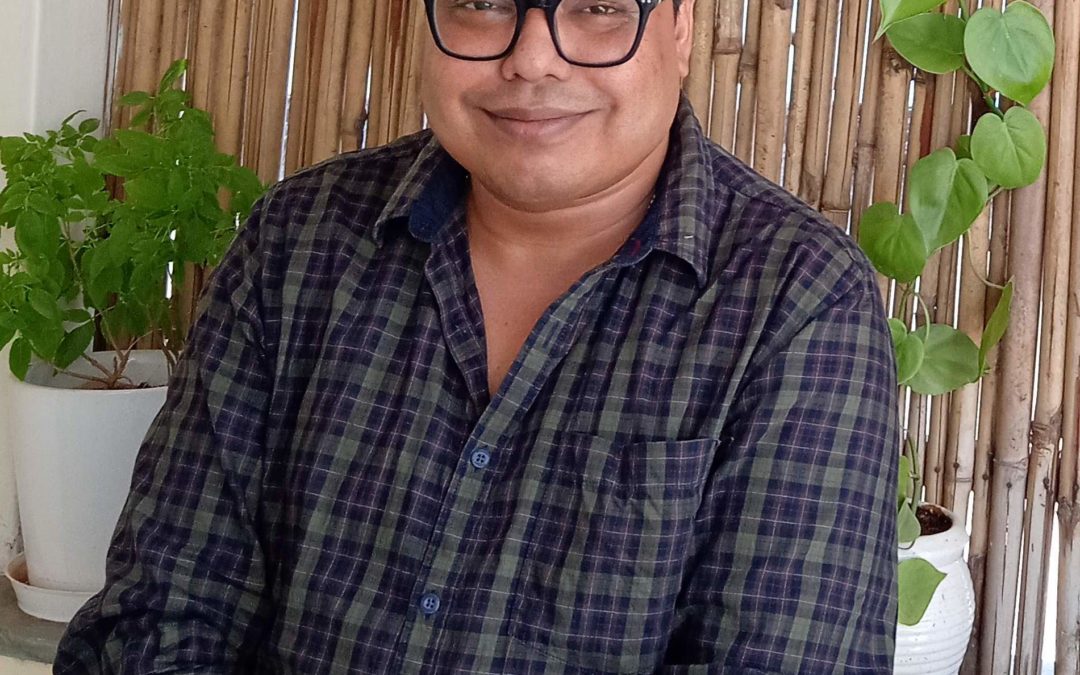
Last week we introduced one of our Mittal Institute India Fellowship recipients, Mayanka Ambade. Now, meet our second fellow, Ankur Tamuli Phukan. Ankur is a historian and has a broad research interest on issues such as festivals, populism, nationalism, migration, citizenship and ecology. His field of study is largely located in the archives of Northeast India. Ankur will be mentored by Professor Sugata Bose.
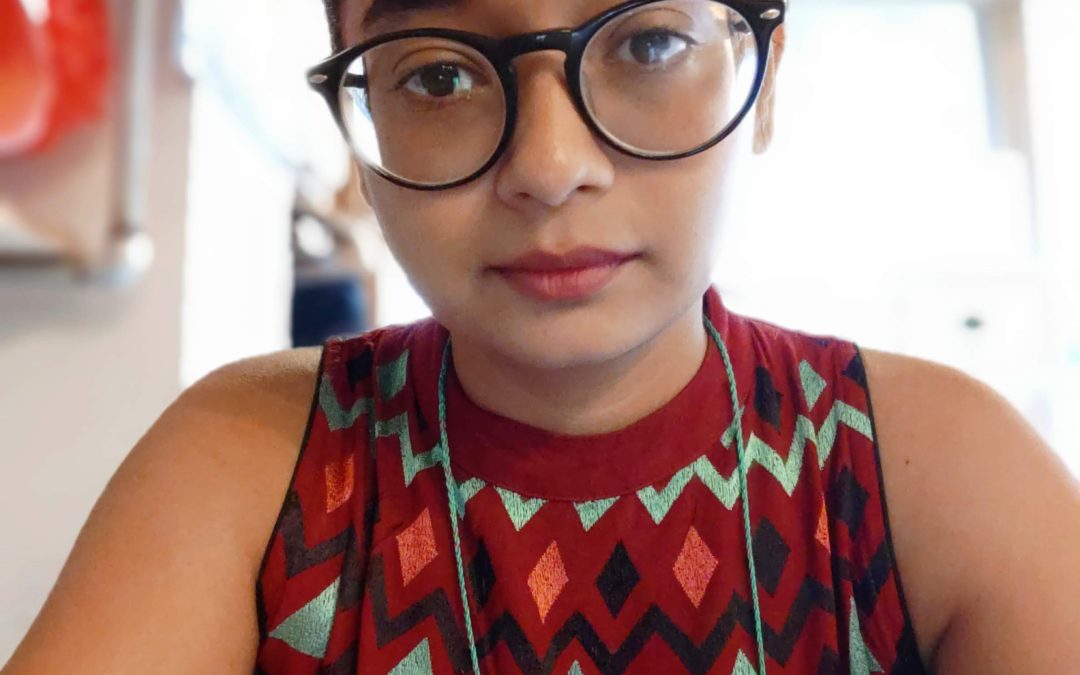
The Mittal Institute offers opportunities for scholars and practitioners to utilize the university’s resources to contribute to self-driven, independent research. The first Mittal India Institute Fellowship began on March 15 and we spoke with one of the fellows, Mayanka Ambade, about her plans for the upcoming year.
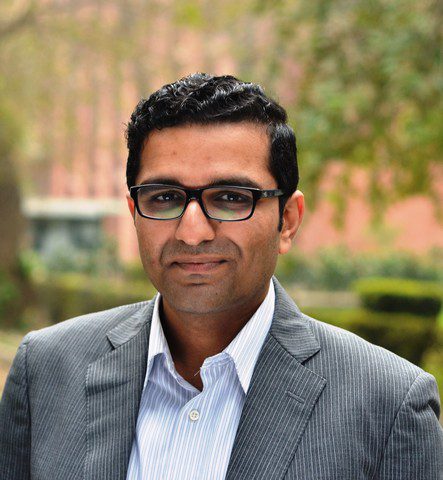
The Mittal Institute welcomes Yaqoob Khan Bangash as the 2022-23 United States Educational Foundation in Pakistan (USEFP) Fulbright Fellow. A historian of Modern South Asia, Dr. Bangash is Associate Professor, Department of Governance and Global Studies and Director, Centre for Governance and Policy at Information Technology University, Lahore, Pakistan. He studies Pakistan as a post-colonial state – its state formation, identity, conflicts, etc. Dr. Bangash is the author of A Princely Affair: Accession and Integration of Princely States in Pakistan, 1947-55 and in 2016 founded the first academic literary festival in Pakistan, the ‘Afkar-e-Taza ThinkFest,’ which attracted over 25,000 people in 2020. We caught up with Dr. Bangash to learn more about his plans for the upcoming year.